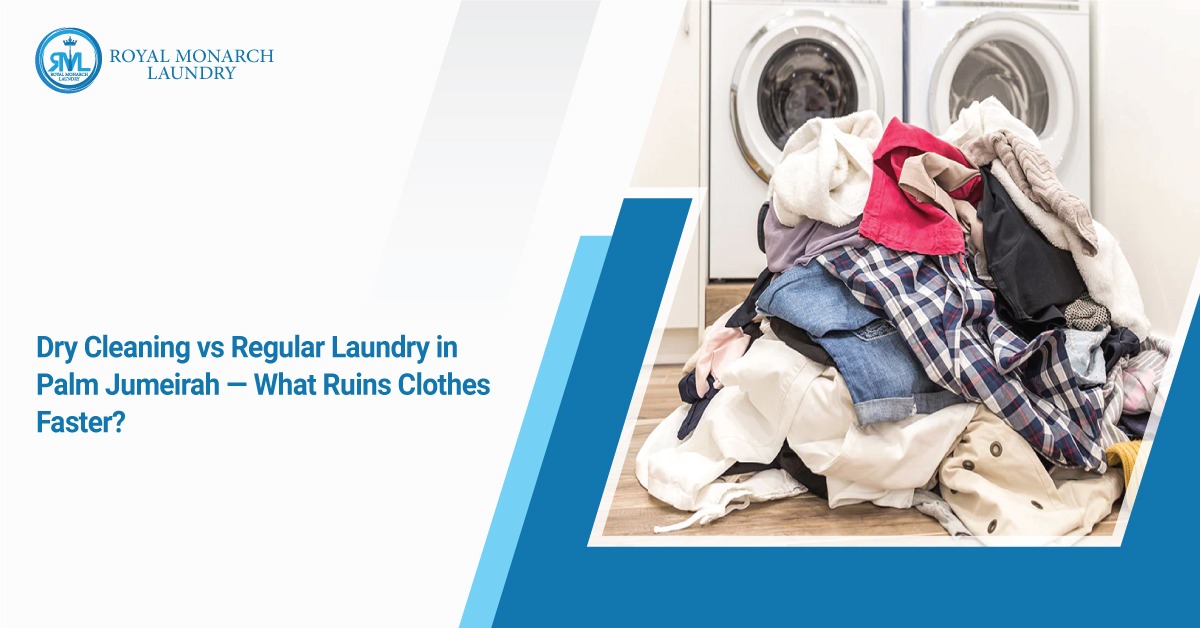Water temperature plays a crucial role in the laundry process, influencing how well your clothes get cleaned and how long they last. Whether you’re dealing with tough stains or delicate fabrics, understanding how water temperature affects laundry can help you achieve optimal results and maintain the longevity of your garments.
1. Cold Water Washing
1.1 Gentle Cleaning and Energy Efficiency
Cold water washing, typically using water at or below 30°C (86°F), is suitable for many types of fabrics and colors. It provides a gentle cleaning process, which is particularly beneficial for delicate garments and items with embellishments or prints that could fade or bleed in hot water. Cold water washing is also more energy-efficient since the water does not need to be heated, reducing your energy consumption and utility bills.
2. Warm Water Washing
2.1 Balanced Cleaning
Warm water washing, with temperatures ranging from 30°C to 40°C (86°F to 104°F), strikes a balance between cleaning power and fabric care. It is effective in removing dirt, oil, and most common stains while still being gentle enough for many fabrics. Warm water is often recommended for everyday clothing, bedding, and towels, providing a thorough clean without the risk of damage.
3. Hot Water Washing
3.1 Deep Cleaning and Sanitization
Hot water washing, ranging from 40°C to 60°C (104°F to 140°F), delivers deep cleaning and is particularly effective in killing germs and bacteria. It is best suited for items that can withstand higher temperatures, such as sturdy cotton or linen fabrics, white clothing, and towels. Hot water is excellent for removing heavy stains, allergens, and dust mites, providing a more hygienic clean.
4. Considerations for Water Temperature
4.1 Fabric Types and Stain Removal
When choosing the appropriate water temperature, consider the fabric type and the nature of the stains you’re dealing with. Delicate fabrics, such as silk, lace, or wool, should be washed in cold water to prevent damage. Protein-based stains like blood or sweat often respond better to cold water treatment, while oil-based stains may require warm water to dissolve the oils effectively.
5. Energy Efficiency and Environmental Impact
5.1 The Cold Water Advantage
Using cold water for laundry offers significant energy savings, as water heating accounts for a considerable portion of energy consumption in washing machines. By opting for cold water washing, you not only save money on energy bills but also contribute to reducing your carbon footprint, making it an environmentally friendly choice.
6. Using the Right Detergent
6.1 Complementing Water Temperature
Choose a detergent that complements your chosen water temperature. For cold water washing, use a detergent specifically formulated to work effectively without the need for warm or hot water. This ensures that your clothes are cleaned thoroughly, even in colder temperatures.
Conclusion
Water temperature is a critical factor in achieving the best laundry results while preserving the quality and longevity of your clothes. Cold water washing offers a gentle and energy-efficient cleaning method, making it suitable for most fabrics and colors. Warm water strikes a balance between effective cleaning and fabric care, while hot water provides deep cleaning and sanitization for sturdy items and stubborn stains.
Understanding how water temperature affects laundry empowers you to make informed choices when laundering your garments. But if you ever find yourself needing extra care for delicate fabrics or dealing with tough stains, consider using Royal Monarch’s Laundry service. With their expertise and state-of-the-art equipment, your clothes will receive the best care possible, ensuring they look their best and last longer.
FAQs
- Q: Can I wash all the fabrics in cold water? A: While cold water is gentle on most fabrics, some items, like heavily soiled or sturdier materials, may benefit from warm or hot water washing.
- Q: Is warm water effective in removing stains? A: Warm water is generally effective in removing common stains, but some stubborn stains may require hot water or pre-treatment.
- Q: Does hot water washing shrink clothes? A: Hot water can cause some fabrics, particularly natural fibers like cotton, to shrink. It’s best to read the garment’s care label and follow the recommended washing instructions.
- Q: Can I use cold water detergent for warm or hot water washing? A: Cold water detergent is formulated specifically for lower temperatures. For warm or hot water washing, use a detergent suitable for higher temperatures to ensure proper cleaning.
- Q: How does cold water washing help the environment? A: Cold water washing saves energy, reducing greenhouse gas emissions and conserving natural resources, making it a more eco-friendly laundry option.











